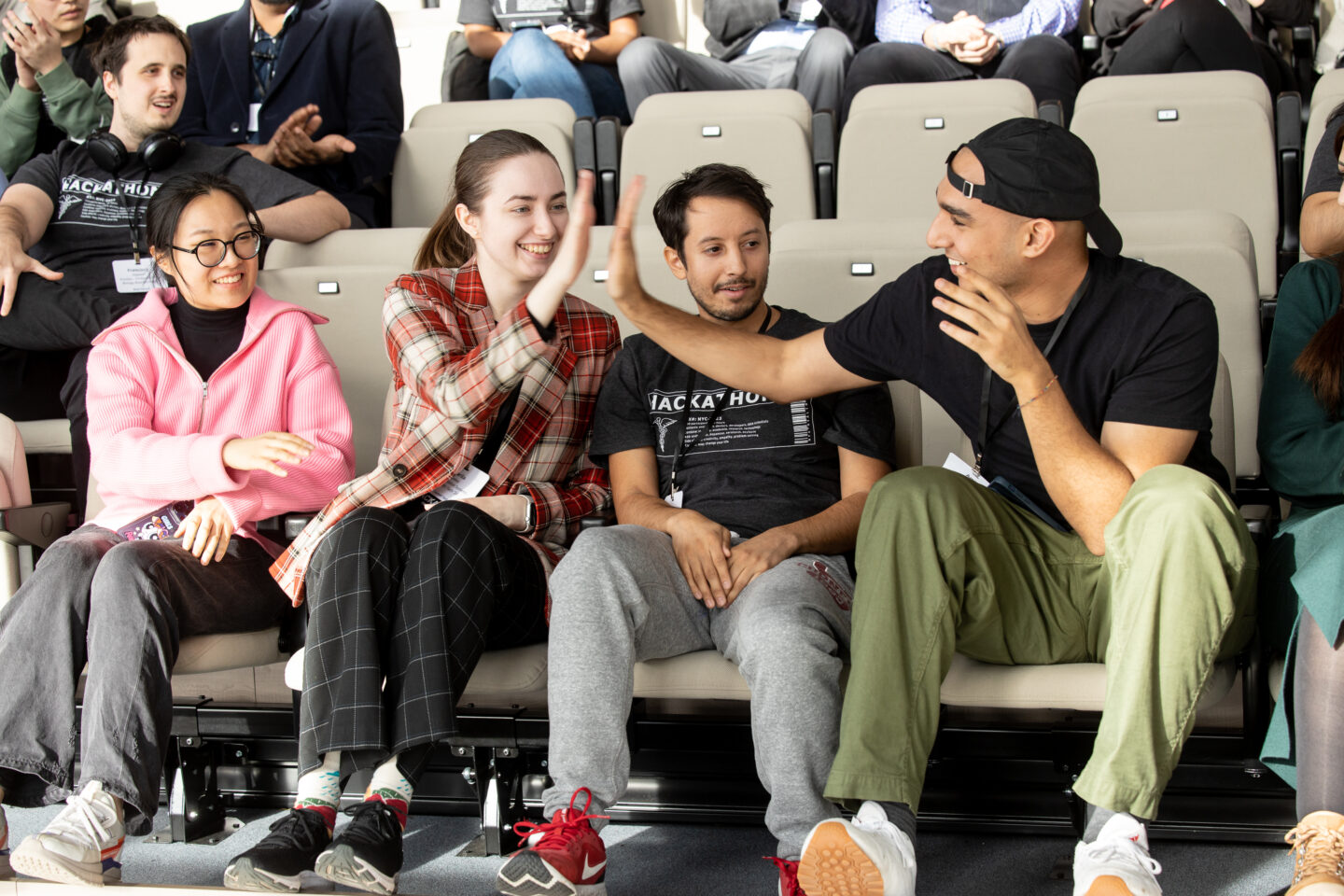
Scott Hillman, Johnson Cornell Tech MBA ‘21, is from Pittsburgh. He received a B.A. in Philosophy and Politics with a Minor in Entrepreneurship from Wake Forest University prior to coming to Cornell Tech.
What is your favorite class this semester?
My favorite class is probably Startup Studio since it’s most reflective of the product management career I’m pursuing. It provides the unique opportunity to combine theory with practice. So, I’m gaining experience building products in an incubator-like environment while reinforcing that experience by also building skills through academic instruction.
What excites you most about your program?
I love that I can take tried and tested business courses, like Financial Statement Analysis and Management Presentations; as well as leading-edge tech courses, like Startup Studio, Introduction to Blockchains, Cryptocurrencies, and Smart Contracts, and Fundamentals of Modern Software within the same degree. For me, the ability to integrate these academic worlds is the beauty of the Cornell Tech MBA. It’s also extremely beneficial to be surrounded by peers (engineers, designers, other MBAs) who are focused on technology. A lot of synergies and latent learning occur in this environment where everyone brings a tech-oriented background and career path.
Why did you choose Cornell Tech?
The uniqueness of the curriculum, culture, and community. I explored other graduate business programs, many of which seemed to offer great opportunities in Tech, but none were as explicitly focused on tech as Cornell Tech. Ultimately, this program stood out to me as the most efficient way to accelerate my trajectory in the industry.
What has surprised you most about Cornell Tech?
The amount of work! While I fully expected an institution of Cornell’s standing to demand a lot (I wouldn’t have it any other way) the experience has been, in some respects, an exercise in prioritization. To be successful, I’ve had to thoughtfully consider exactly what I’m here to learn. In one year, there simply isn’t enough time to do it all (even if you find almost everything intellectually appealing).
What’s the most interesting use of technology you’ve seen lately?
The rapid development and deployment of big data tools to track COVID-19 have been pretty cool to see and use. The scale at which it’s taking place, and the collaboration that it requires across governments, academia, the open source community, and private businesses is remarkable. Many times in the past, tech has excelled at uniting these forces to make progress — it’s great to see a more recent example of that collaborative effort. The New York Times’ Covid tracking project is a great example. There are so many disparate contributors to that effort, and it’s obviously delivering a very important service.
What is one of your favorite things to do on the weekend in NYC?
Leave the apartment, get on the subway with no real agenda, and see where the day takes me. Maybe I’ll call friends to meet up along the way and we end up in a park with street food. Maybe I run into someone unexpected and we grab a drink. Also, I love walking and listening to music. Before the pandemic, I saw a lot of live music on weekends — but with good headphones, a walk, and a musical itch to scratch I’m pretty happy. For a quick break, I really enjoy going for runs around Roosevelt Island with classmates.
In what way do you hope your work might affect others and society at large?
Regardless of where a tech company lies on the spectrum between pure commercial entity and social enterprise, I think by building things that solve problems, and not believing “the status quo is fine with me,” tech companies inherently contribute to progress. I acknowledge that society’s relationship with technology must be continuously redefined, as we often can’t foresee the societal impacts that innovation brings. But by and large, I believe technology solves problems. As long as I’m making an earnest contribution to that effort, I’ll be happy knowing I’m moving the world forward.
Media Highlights
Tech Policy Press
Content Moderation, Encryption, and the LawRELATED STORIES





